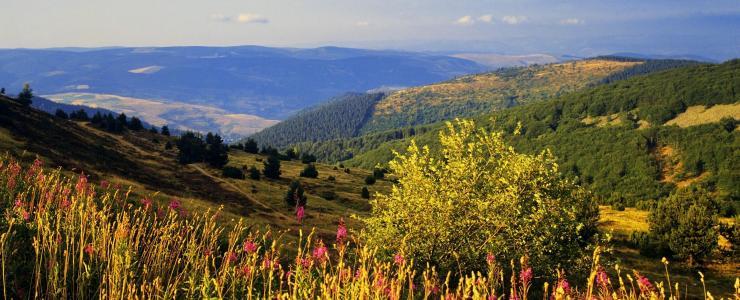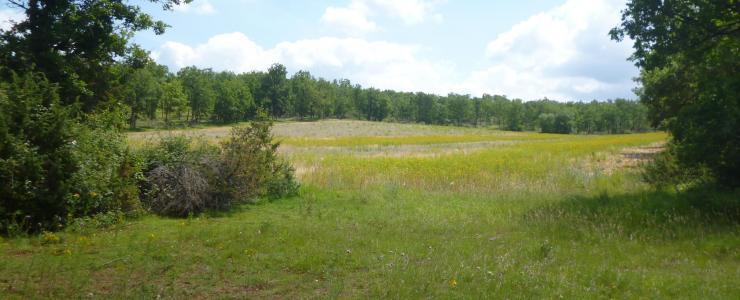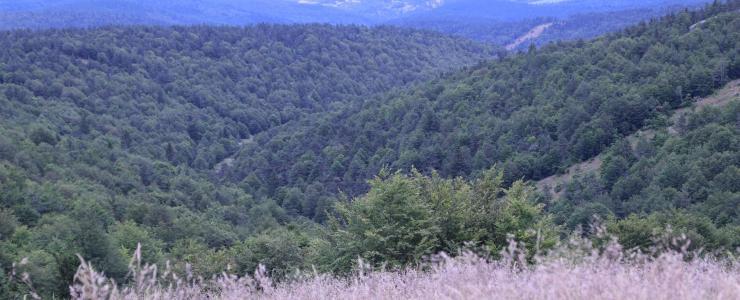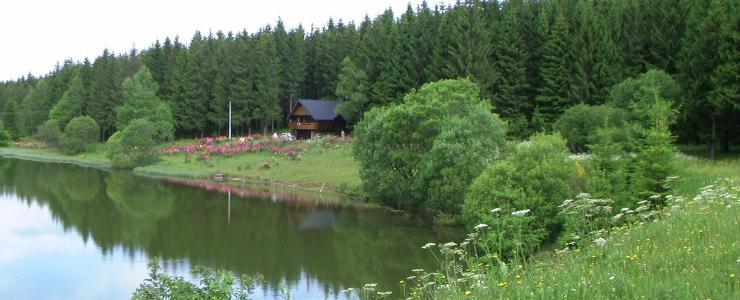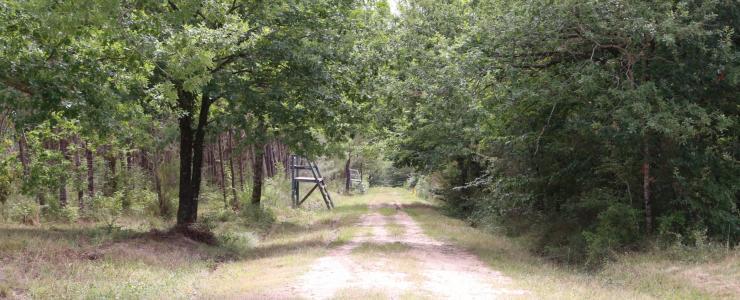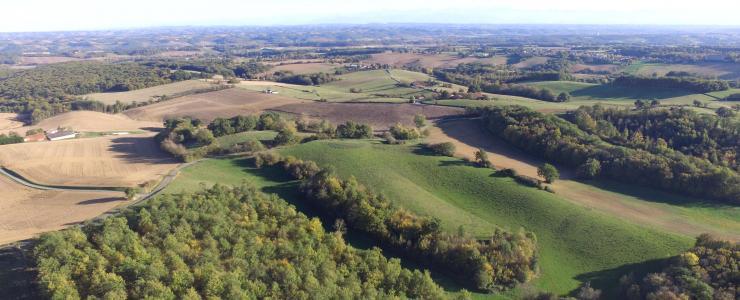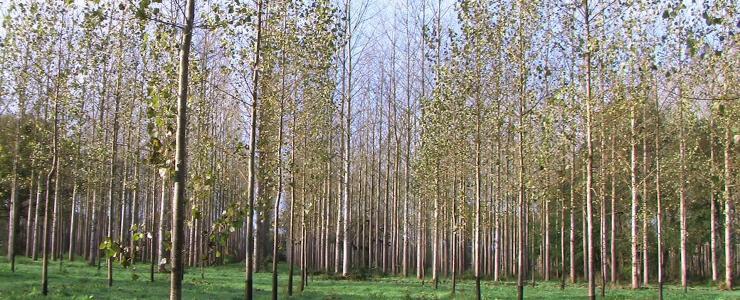The Forest economy in France
In France, the forest economy covers a range of activities, from silviculture to logging, and from primary, mechanical wood processing to the manufacturing of basic wood products.
This creates an estimated 425,000 direct or indirect jobs. That is a substantial proportion of the French economy, even though the forest is still considered to be ‘under-exploited’ at the present time.
The timber market
The forest economy could earn more if we bear in mind that we only harvest 60% of the wood that grows each year. Nonetheless, over the last 20 or so years, the timber market has enjoyed strong growth. The timber sector offers great potential. It produces wood and creates jobs : a third more than the automotive sector, for example. Companies such as logging firms, sawmills and joinery workshops are often located in rural areas and account for total revenues of €60 billion in France.
Meanwhile, forestry transactions are increasing in almost every region. Growth is highest for properties of more than 25Â ha. Since the 2000s, there has been a rise in forest prices, linked to the increase in prices for farm land. The sector has strong links to agriculture.
For many of us, the forest was part of our childhood imagination and enchants us, excites and often inspires dreams. Nonetheless, its economic worth is real and the related activities create jobs and generate revenue in many sectors: logging, woodwork (joinery, parquet flooring, pulp, etc.), consumer goods (furniture, building materials, cardboard and so on) and fuelwood, strongly promoted by public powers in France and Europe.
European policy
Since 2014, European policy has been promoting wider use of wood and development of the timber sector. The European Agricultural Fund for Rural Development (EAFRD) is the main European fund supporting the forest/wood sector, especially for fuelwood and the renewal of wood resources. Generally speaking, Europe focuses on energy substitution policies.
At the present time, it is best to look at the forest economy from a global viewpoint and not simply from a national angle. Indeed, the environmental factors that now concern world leaders have to be taken into consideration whenever we talk about the forest economy. The concept of sustainable development is not new: it first obtained international recognition at the 1992 Rio Conference. Given the concerns that scientists and the general public now have over greenhouse gases, a series of measures has been developed to tackle climate change. This led to the adoption of the Kyoto protocol, which officially assigned the forests the role of carbon sink.
Finally, the 21st Conference of Parties held in Paris in 2015 to tackle climate change acknowledged the role of agriculture and the forest in reducing greenhouse gas emissions. A sustainably managed forest is one of the solutions put forward to counter the effects of global warming.

The forestry and wood sector: A natural solution to mitigate the effects of climate change
One that has been naturally applied for centuries. The significant attenuating effect of the forestry and wood sector on CO2 emissions justifies special attention from the public authorities to develop an investment-friendly environment in this sector, especially for private investment. Public funds and private funds thus act in concert to reap the benefits from the ecological and economic capital of the forests, industries and companies. Which requires the raising of this capital.
The French forest economy involves a whole range of factors and data that are well worth analyzing, even at the worldwide level, before entering into an agreement to buy or sell lots.
Forêt Investissement is up-to-date with the latest measures introduced by the national and international authorities and remains on-hand to advise you on your investment.








